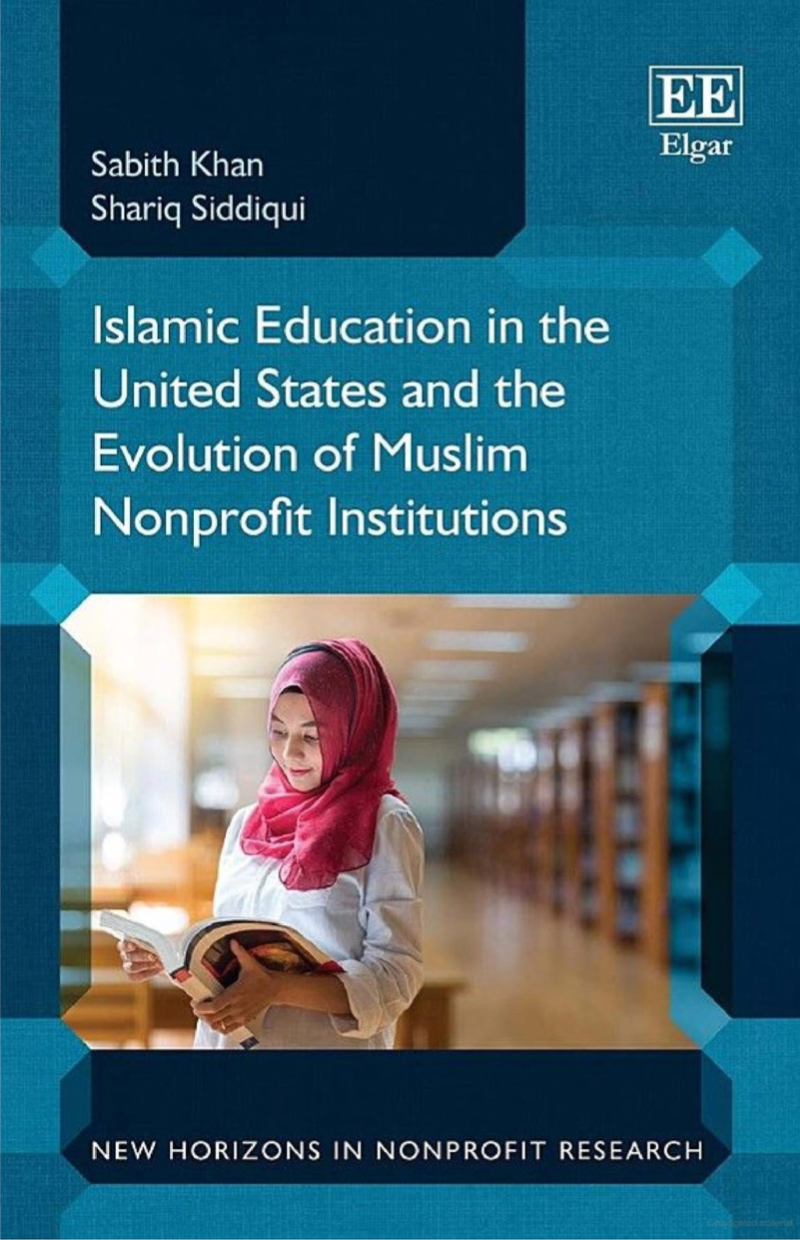Islamic Education in the United States and the Evolution of Muslim Nonprofit Institutions
Islamic Education in the United States and the Evolution of Muslim Nonprofit Institutions
This book is a novel and ambitious attempt to map the Muslim American nonprofit sector: its origins, growth and impact on American society. Using theories from the fields of philanthropy, public administration and data gathered from surveys and interviews, the authors make a compelling case for the Muslim American nonprofit sector's key role in America. They argue that in a time when Islamic schools are grossly misunderstood, there is a need to examine them closely, for the landscape of these schools is far more complex than meets the eye.
The authors, who are both scholars of philanthropy, examine how identity impacts philanthropy and also the various forces that have shaped the landscape of Muslim American giving in the US. Using a comparative method of analysis, they showcase how this sector has contributed not only to individual communities but also to the country as a whole. National surveys and historical analysis offer data that is rich in insights and offers a compelling narrative of the sector as a whole through its focus on Islamic schools. The authors also critically examine how nonprofit leaders in the community legitimize their own roles and that of their organizations, and offer a compelling and insightful examination of how Muslim American leaders perceive their own role in institution building.
This is a must read for anyone seeking to understand this important and growing sector of American society, including nonprofit leaders in the Muslim community, leaders of Islamic schools, nonprofit leaders with interest in private schools, activists, and scholars who study philanthropy and Islamic education.
Authors: Sabith Khan & Shariq SiddiquiISBN-13: 978-1786434791
Share


